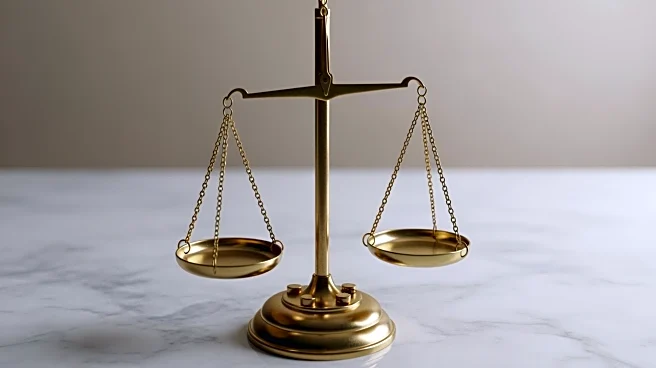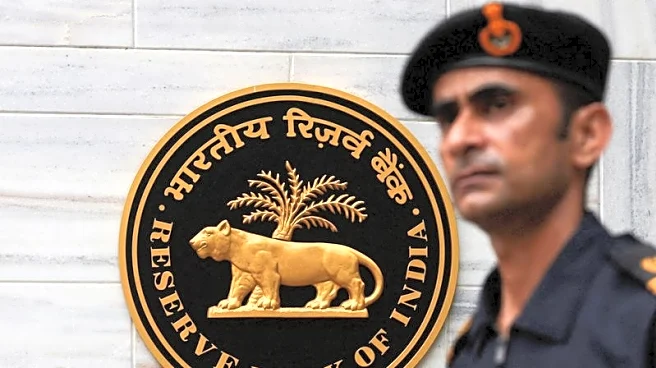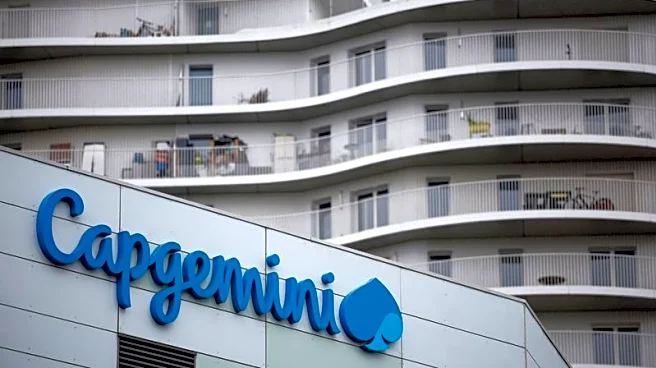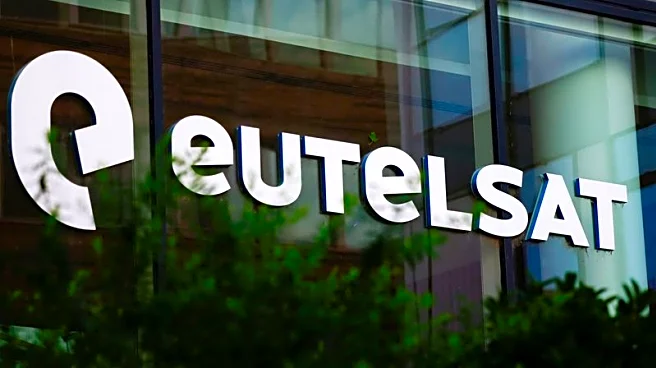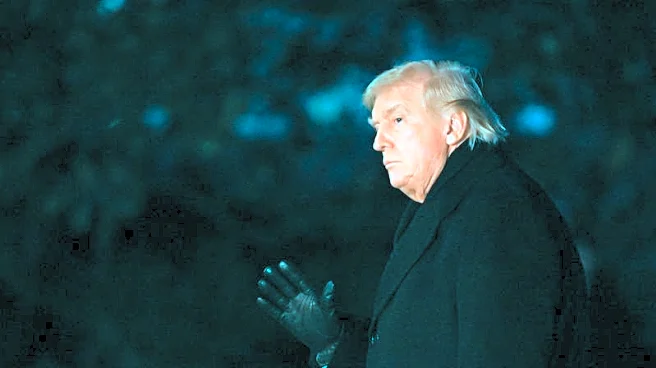What's Happening?
President Trump is exploring the possibility of reducing tariffs on Indian goods as Sergio Gor, a longtime loyalist, assumes his role as the U.S. Ambassador to India. This development comes amid ongoing
tensions over trade and India's imports of Russian oil, which have impacted strategic relations between the two nations. During Gor's swearing-in ceremony, Trump indicated that the reduction in tariffs is linked to India's decreased imports of Russian oil. Despite this, data from Kpler shows that India's Russian crude imports remained stable in October. Gor's agenda includes promoting investment in U.S. industries, boosting American energy exports, and enhancing security cooperation. His appointment reflects the White House's intent to streamline communication with New Delhi, potentially accelerating trade negotiations.
Why It's Important?
The potential reduction in tariffs signifies a shift in U.S.-India trade relations, which could lead to increased economic collaboration between the two countries. This move may benefit U.S. industries by opening up new markets and fostering investment opportunities. For India, reduced tariffs could enhance access to American goods and technology, supporting its economic growth. However, the appointment of a 'political' ambassador like Gor, rather than a traditional diplomat, could introduce volatility in diplomatic ties, especially if public opinion shifts in either country. The strategic partnership between the U.S. and India is crucial for regional stability and global economic dynamics, making these developments significant for international stakeholders.
What's Next?
Gor's immediate tasks involve engaging with Indian officials to discuss defense, trade, and technology collaborations. His approach aims to expedite a trade deal, potentially altering the economic landscape for both nations. As Gor navigates these diplomatic waters, the focus will be on balancing strategic interests with economic benefits. The White House's direct communication strategy with New Delhi may lead to quicker resolutions but also poses risks of diplomatic friction. Observers will be watching for any shifts in trade policies or strategic alliances that could impact global markets and geopolitical stability.
Beyond the Headlines
The appointment of Sergio Gor as ambassador highlights a broader trend of political figures taking on diplomatic roles, which can influence the pace and nature of international negotiations. This approach may streamline decision-making but also raises questions about the long-term implications for diplomatic protocols and the stability of bilateral relations. The evolving U.S.-India relationship could serve as a model for other nations seeking to balance political and economic interests in their foreign policies.
